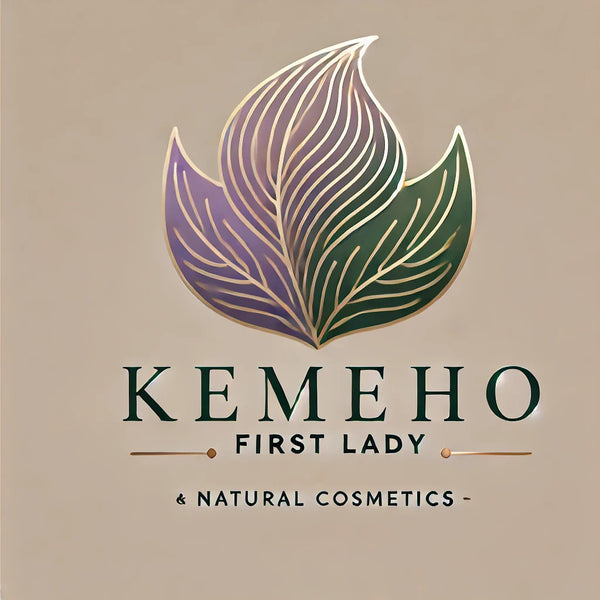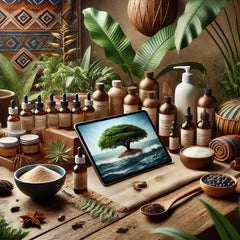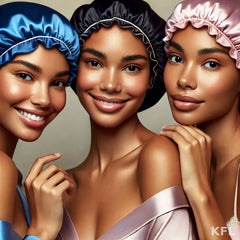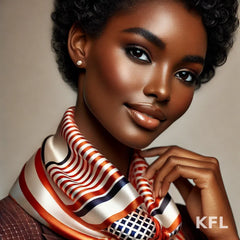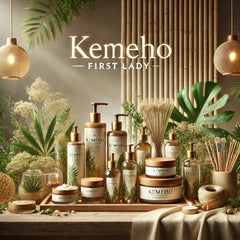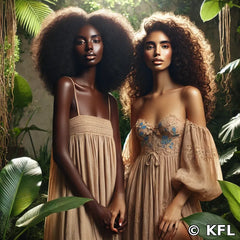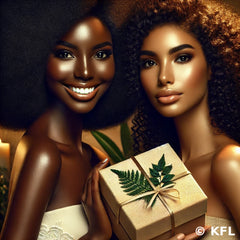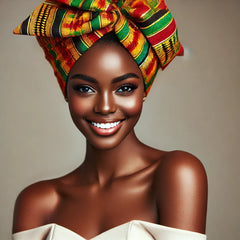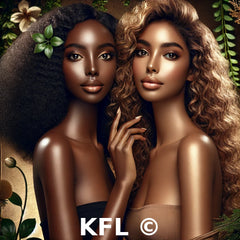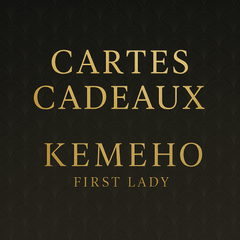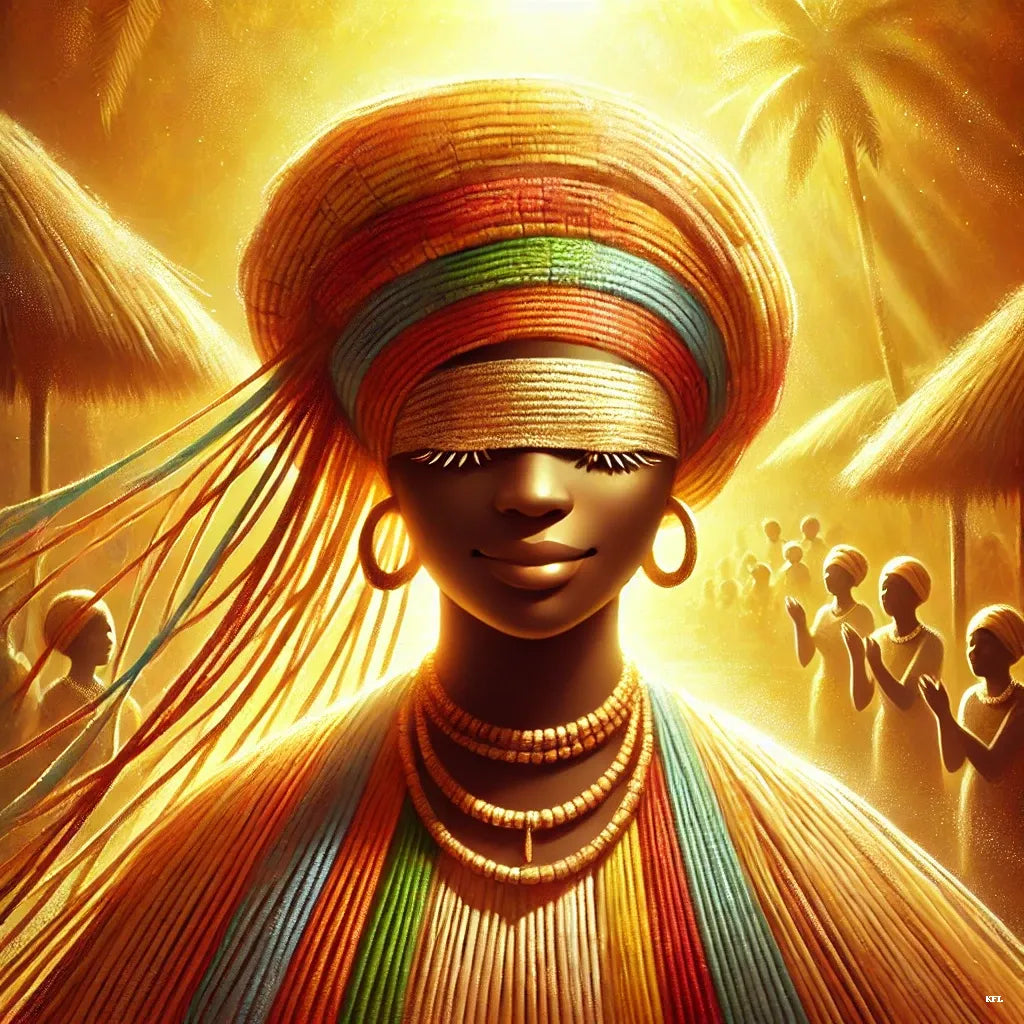
African deities and their influence on aesthetics and beauty
Share Label
Since ancient times, African deities have been deeply embedded in the beliefs and traditions of the continent’s diverse cultures. Embodying wisdom, power, and protection, these figures continue to shape beauty standards, rituals, and aesthetic trends. Their artistic and mythological representations offer a unique perspective on elegance, charisma, and femininity.
- Divine Aesthetics in African Cultures
🌍 Across Africa, gods and goddesses are often depicted with distinctive features that celebrate natural Black beauty.
🌍 Ancient sculptures and paintings highlight intricate hairstyles, luxurious adornments, and regal postures.
🌍 Yoruba Orishas, Egyptian deities, and Vodou spirits are revered for their strength, grace, and beauty.
- Goddesses and the Ideal of African Beauty
👑 Oshun (Yoruba, Nigeria): The goddess of love and fertility, Oshun is associated with gold, rivers, and radiant feminine beauty.
👑 Mami Wata (West and Central Africa): Often depicted as a Black mermaid with long curly hair and dazzling jewelry, Mami Wata represents wealth, spirituality, and allure.
👑 Hathor (Ancient Egypt): Known as the goddess of femininity, music, and dance, Hathor embodies harmony and sensuality.
👑 Aida Wedo (Vodou, Benin & Haiti): A celestial serpent symbolizing wealth and protection, often depicted in vibrant colors and precious ornaments.
- Beauty Rituals Inspired by Ancestral Beliefs
💆🏾♀️ Many African beauty treatments and rituals are rooted in spiritual practices dedicated to these deities.
💆🏾♀️ Shea butter, coconut oil, henna, and floral scents are used in both spiritual ceremonies and cosmetic routines.
💆🏾♀️ Scarifications and body paintings—often tied to animist beliefs—beautify and sanctify the body.
- The Influence of African Deities on Modern Art and Fashion
✨ Numerous fashion collections draw inspiration from the divine African aesthetic, incorporating gold jewelry, majestic drapes, and tribal patterns.
✨ Contemporary artists and photographers celebrate African spirituality by reimagining these mythological figures in modern portraits.
✨ Celebrities like Beyoncé and Rihanna have channeled African goddess imagery in their performances and music videos.
- A Cultural and Identity Reclamation
🔮 Highlighting African deities in art and fashion enables a cultural and spiritual reclaiming of African heritage.
🔮 The rise of Afrocentric movements encourages rediscovering and honoring these figures, which were often suppressed during colonization.
🔮 Black women look to these role models as inspiration to embrace their natural beauty, inner strength, and ancestral legacy.
Conclusion
African deities are not just spiritual icons; they also shape aesthetics, beauty, and Black cultural identity. By reaffirming their legacy, they inspire a return to cultural roots and a celebration of the rich diversity of African beauty.
Which African deity inspires you the most? Share your thoughts in the comments!
📢 Want to learn more about African history and culture? 🌍✨ Explore our African Travel Guide and uncover fascinating traditions, iconic landmarks, and authentic travel tips. Click here for more information 👉 African Travel Guide
